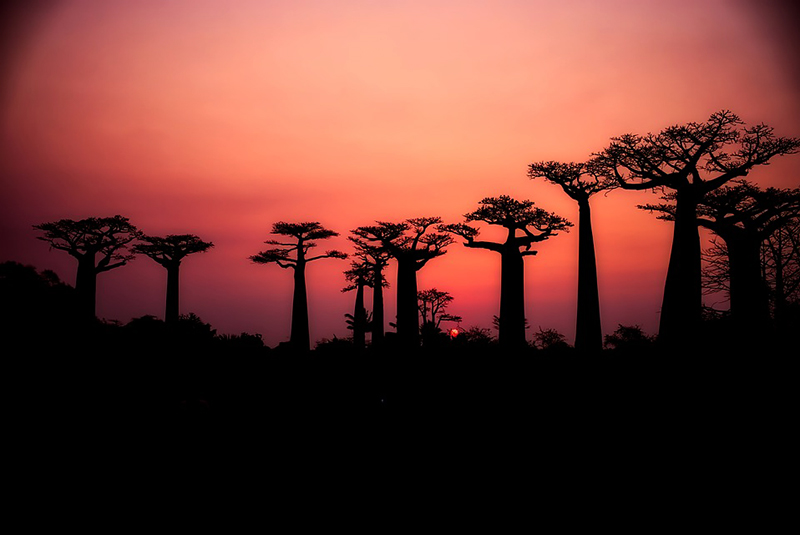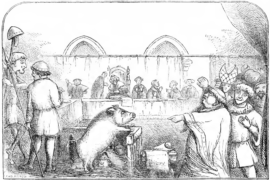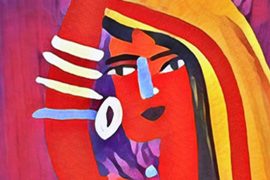Every Baobab tree in India is a gift from Africa. The ancient, tall and stout-trunked tree – Adansonia digitata – is not naturally endemic to India. But some of the oldest examples in the subcontinent are over a thousand years old.
The presence of Baobabs in India points to ancient links between India and migrants from Africa. Much before the 10th century A.D., the Indian and African coasts were frequented by traders and merchants from either continent. The Africans, familiar with the Baobab, may have carried with them – introducing it to the shores of Gujarat.
With the rise of Islam in Africa and Asia, greater Indo-African trade started to emerge. This accompanied the rise of slave trading; though by the time of the Deccan Sultanates Africans were also brought in as mercenaries to fight for Indian kings. Some became kings in their own right.
The Baobab is well-known in Africa, with most of its extant species endemic in Madagascar – where it is the national tree. It can grow up to 30 metres tall and is a particularly hardy species – its trunk stores a vast quantity of water. In rain, its vast canopy provides shelter and in droughts, its trunk is a source of water. The Baobab’s leaves, flowers and fruits are both nutritious and useful for medicinal purposes. It’s healing quality gave rise to many legends around it – first in Africa, and then echoed in India.
Copyright©Madras Courier, All Rights Reserved. You may share using our article tools. Please don't cut articles from madrascourier.com and redistribute by email, post to the web, mobile phone or social media.Please send in your feed back and comments to [email protected]











